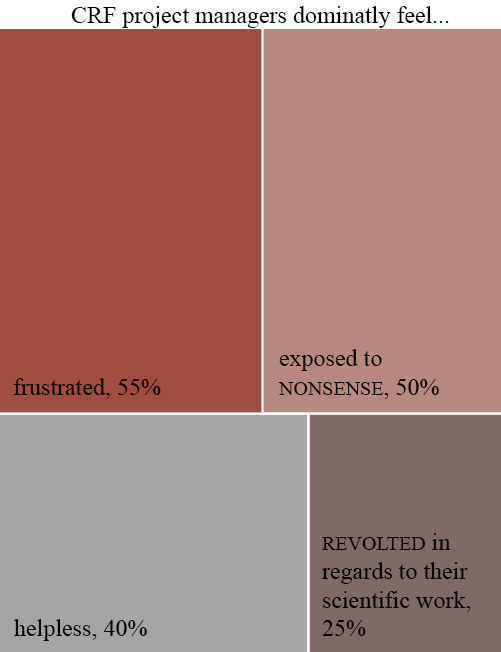Within the framework of Balkan Criminology’s research objective targeting Balkan-specific crime phenomena, we investigate organised crime, criminal state capture, corruption and criminal tycoonisation in order to promote justice and the rule of law, raise awareness and change attitudes, all with the ultimate goal to foster a resilient spirit against agents of crime and harmful behaviour. Our research into (the potential for) criminal tycoonisation in the domain of public research funding in Croatia indicates that the domain of public research funding is as susceptible to criminal state capture as any other governmental domain. Our empirical research into cyberbullying by faceless bureaucracy and the (criminal) tycoonisation of public research funds identified academics in Croatia as a particularly vulnerable group. This is worrisome in itself, but even more problematic in relation to corruption and criminal state capture in the Balkans, where the academic community should play a lead role in generating change towards rule of law and good governance.
Academic corruption not only (self-)induces vulnerability into the academic community, but also undermines the struggle against criminal state capture, corruption and organised crime among society’s ‘brightest minds’. Academic corruption is an especially difficult form of turpitude, for the educational and scientific work rests on ethical norms and the search for the truth, and as such represents one of the main ramparts against turpitude. In demolishing this rampart, corruption would be set loose, and education and science would feel its toll (Heršak & Njavro 2008, p. 92).
Opening up a critical and empirically based discussion on academic corruption in the Balkans is a necessary first step in generating change, whereby science activism has not only proven to be a successful strategy to bring about such change, but can act as an accelerator of generating change. Especially if academic research and investigative journalism act in synergy and manage to foster public awareness nationally and internationally.
Further readings
Institut društvenih znanosti Ivo Pilar (2018): Kamo ide hrvatski znanstvenoistraživački sustav: prema racionalnoj reformi ili prema entropiji i urušavanju? available here.
Švarc, J., et al. (2019). ‘Znanstvenici o reformama znanosti iz 2013.: kritička analiza’, Politička misao, 56(1), pp. 7-38, doi.org/10.20901/pm.56.1.01, available here.
Rudež, T. (2014). NOVI MODEL FINANCIRANJA ZNANOSTI Kako je 50 milijuna za projekte zavadilo znanstvenu zajednicu, available here.
Ceci, S. (2014). Odgoj znanstvenika u Hrvatskoj, available here.
Labar, B. (2021). Makinacije i taktike kod recenzija znanstvenih projekata, available here.
Marušić: U akademskoj je zajednici velika korupcija, available here.
Research publications
Getoš Kalac, A. (2020) (Cyber) Bullying by Faceless Bureaucracy in Research Funding: A Case Study from the Balkans (extended version), doi:10.13140/RG.2.2.11926.16965, available here.
Heršak, E. & Njavro, Đ. (2008) Sveučilište, autonomija i akademska korupcija. Sixsigma, br. 6. Popular paper, available here.

